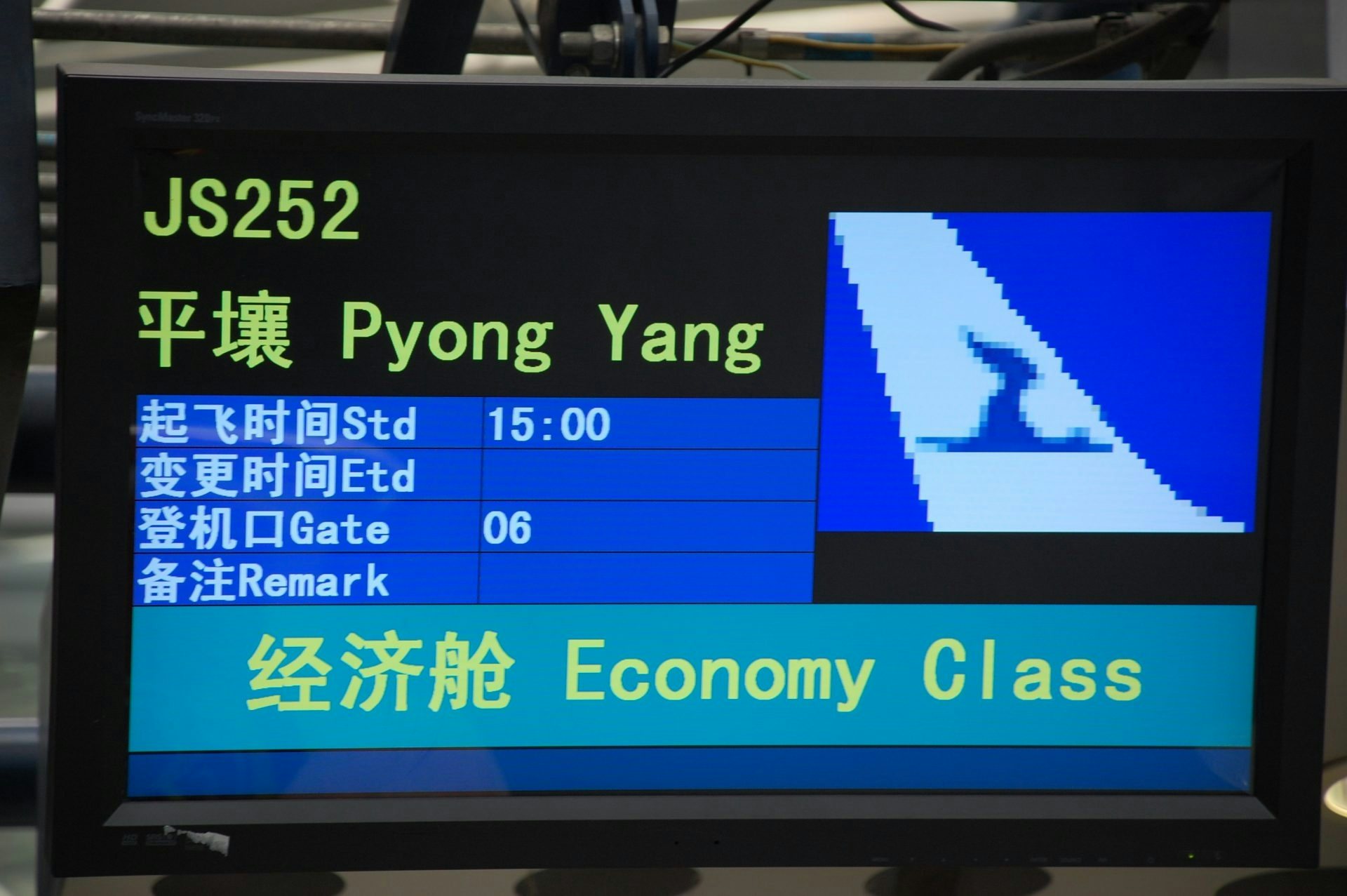After deciding to crack down on Chinese travel to South Korea starting March 15, China is now also expanding its restrictions on travel to Korea to North Korea, with Chinese tour operators suspending sales of tours in the isolated country. Chinese tourists have long served the largest group of tourists in North Korea, with North Korean tourism officials quoting that 80 percent of visitors to North Korea come from “neighboring countries.” Another estimate puts Chinese visitors at 90 percent of all foreign tourists in North Korea. North Korea is aiming to grow visitor numbers from 100,000 in 2015 to two million by 2020—a highly unlikely prospect that it hopes will mitigate effects of sanctions against the country.
Preceded by no official announcement by Chinese tourism authorities or other state authorities, state-owned tour operator China International Travel Service and major online travel agencies such as Ctrip and Tuniu swiftly suspended all travel products related to North Korea. Air China, China’s flag carrier, also suspended its flights between the capitals of Beijing on Pyongyang. The move was made only days after President Trump and Chinese counterpart Xi Jinping met at Trump’s Mar-a-Lago resort. However, Chinese foreign ministry spokesperson Lu Kang told journalists at a press briefing that the decision was entirely “market-based,” with no relation to decisions made by the Chinese government. North Korean airline Air Koryo also struggled with delays for its flights between Beijing and Pyongyang, with poor weather quoted as the official reason—despite clear skies in both cities.
It remains unclear whether the decision to limit Chinese travel was made on the state-level, or if it’s simply, as Chinese tour operators claim, a result of suddenly plunging demand amid rising tensions on the Korean peninsula. However, the unfolding of events highly resembles that of Chinese travel to Taiwan following the election in 2016 which saw independence-leaning candidate Tsai Ing-wen win the presidency. At that time, Chinese tour operators swiftly limited the number of tours to Taiwan available at their platforms, with the Chinese government quoting lackluster demand as a result of the Taiwanese election as the reason for plunging demand. According to a late-2016 South China Morning Post report, Chinese demand for tourism in North Korea is booming.
Unlike China’s ban on group travel in South Korea, the sudden drop in Chinese tourism in North Korea will have few ramifications for any non-Chinese and non-North Korean tourism stakeholders—whereas the South Korea travel ban is straining retailers, hotels, and other tourism business on the southern half of the Korean peninsula. However, fewer Chinese tourists on both halves of the Korean peninsula may also have negative consequences for the security situation in Korea. Before China’s travel ban, South Korea hosted over 8 million Chinese visitors in 2016, believed to be an important deterrent against North Korean missile strikes in South Korea—since such an event would likely put nationals of North Korea’s most important ally at risk. Similarly, the presence of Chinese nationals on North Korean soil acts as a deterrent against military action against North Korea.
So far, China has made no statements that indicate when either travel ban gets lifted. However, the upcoming May 9 presidential election in South Korea could prove crucial to the future of Chinese tourism in South Korea—depending on whether a pro-THAAD or an anti-THAAD presidential candidate wins the election. For Chinese tourism in North Korea, the situation is even murkier as the drop in tourism isn’t officially tied to any particular event or decision as opposed to South Korea and the deployment of THAAD.
